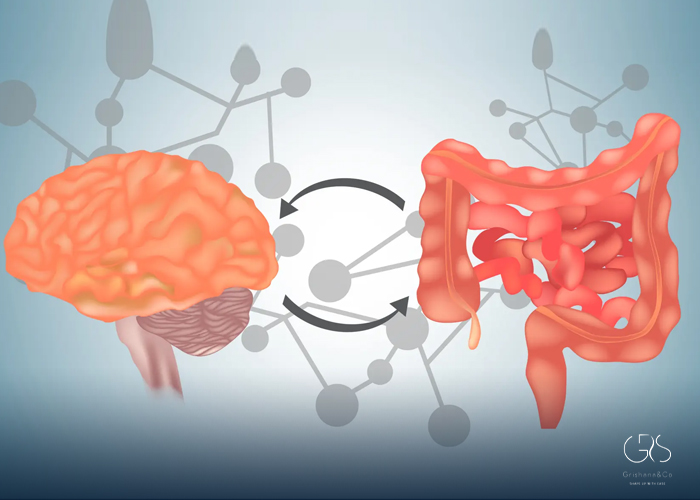Stress is an inevitable part of life, and its effects on our bodies are far-reaching, extending from our brains to our stomachs. The mind and body are closely interconnected, and stress can have a profound impact on both. In this comprehensive article, we will delve into the various ways in which mind-body stress affects our well-being, examining the effects on our mental and physical health. By considering diverse perspectives and incorporating relevant statistics, we aim to provide you with a holistic understanding of the complex relationship between stress and our bodies.
1.The Brain’s Response to Stress:
The brain is the control center of our body, and stress triggers complex physiological responses within it. When we experience stress, the hypothalamus releases stress hormones, including cortisol, activating the body’s fight-or-flight response. This response can enhance focus and boost short-term performance, but chronic stress can lead to long-term negative consequences for the brain.
2.Mental Health Implications:
Chronic stress can take a toll on our mental health. It has been linked to an increased risk of anxiety disorders, depression, and even cognitive decline. The constant release of stress hormones can impair brain function and impact our emotional well-being. It is crucial to understand the connections between mind-body stress and mental health to develop effective coping strategies.

3.Impact on Physical Health:
Stress doesn’t only affect our mental health; it also manifests physically. The mind-body connection means our physical health can suffer as a result of excessive stress. Chronic stress has been linked to a range of health issues, including cardiovascular problems, digestive disorders, weakened immune system, and even weight gain. Understanding these connections promotes the adoption of healthier lifestyle choices.

4.The Gut-Brain Axis:
The link between stress and the digestive system is particularly noteworthy. The gut-brain axis is a bidirectional communication pathway between our gut and brain, where stress can disrupt the delicate balance. Stress can lead to digestive problems such as irritable bowel syndrome (IBS), indigestion, and even affect the gut microbiome. Exploring strategies that address both the mind and gut health is essential for overall well-being.

5.Coping Mechanisms and Wellness Strategies:
While stress is inevitable, developing effective coping mechanisms is crucial for maintaining optimal health. Various techniques and practices can help reduce mind-body stress and promote well-being. These can include mindfulness, meditation, exercise, adequate sleep, and engaging in hobbies and activities that bring joy. Exploring diverse perspectives and therapeutic approaches can provide individuals with a toolbox of strategies to cope with stress effectively.
Conclusion:
Understanding the effects of mind-body stress on our overall health is essential for maintaining a balanced and fulfilling life. By exploring the intricate connections between stress, the brain, and the body, we can develop effective coping mechanisms that promote well-being. It is crucial to prioritize self-care and adopt practices that address both the mental and physical impacts of stress. With the right knowledge and strategies, we can protect our minds and bodies from the detrimental effects of stress.
Sources
- Mayo Clinic, Stress symptoms: Effects on your body and behavior
- American Psychological Association, Stress Effects on the Body
- Cleveland Clinic, Gut-Brain Connectio
- National Institute of Mental Health, 5 Things You Should Know About Stress










